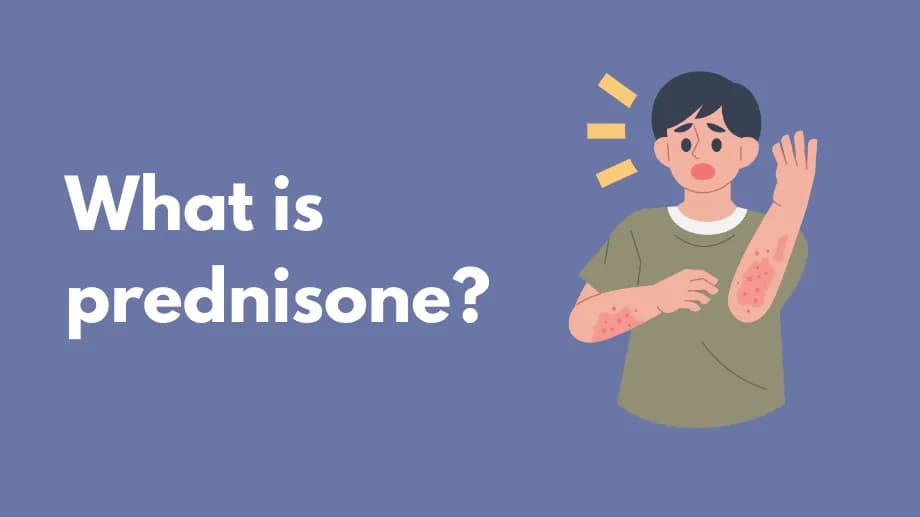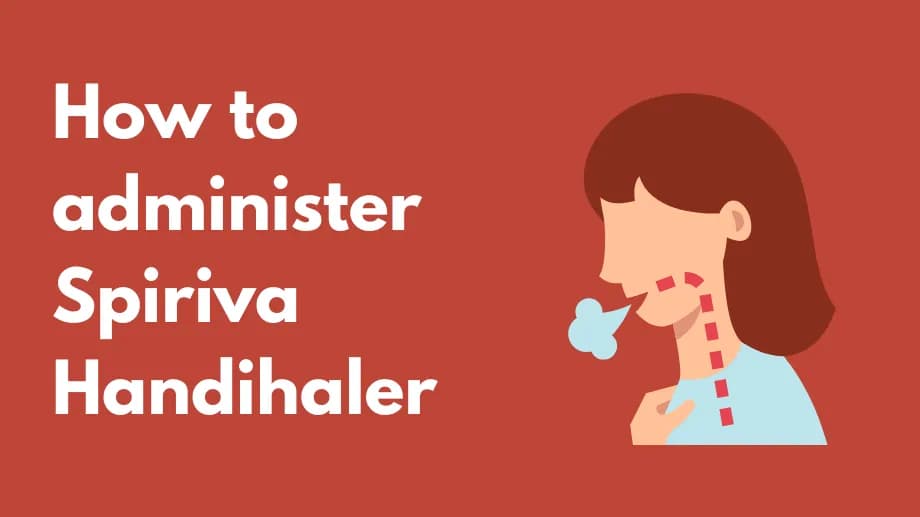What is asthma?
Asthma is a chronic respiratory disease that affects the airways in the lungs. It occurs in people of all ages and often starts during childhood. In asthma the muscles around your airways become tight, causing the bronchial tubes to narrow. You can also have increased mucus production which clogs the airways even more. This can lead to shortness of breath, wheezing, coughing, and chest tightness. If not treated, asthma can be life-threatening. Severe asthma can also lead to the development of chronic obstructive pulmonary disease (COPD).
More than 27 million Americans have asthma (about 1 in 12 people), including approximately 4.5 million children under the age of 18. Asthma symptoms can vary in severity and be triggered by allergens (pollen, dust mites, pet dander), respiratory infections, exercise, cold air, air pollution, smoke, and certain medications.
While there is no cure for asthma, it can be managed with medications and lifestyle changes. Treatment typically involves daily controller medications to prevent symptoms, as well as rescue inhalers or nebulizers to deliver medication directly to your lungs during flare-ups. Avoiding known triggers also helps reduce symptoms.
What causes asthma?
The exact cause of asthma is not known, but it likely results from a combination of genetic and environmental factors:
- Genetic factors: Family history of asthma or allergic conditions (hay fever, eczema) increases risk.
- Environmental allergens: Pollen, dust mites, mold, pet dander, and cockroach droppings can trigger or worsen asthma.
- Respiratory infections: Early childhood viral infections can inflame airways and increase reactivity.
- Occupational/environmental irritants: Secondhand smoke, chemical fumes, poor air quality, and strong odors.
- Early childhood exposures: Tobacco smoke and pollutants during development increase later asthma risk.
- Obesity: May contribute via inflammation and altered lung mechanics.
- Stress: Emotional stress can trigger or worsen symptoms in some individuals.
What are the symptoms of asthma?
- Shortness of breath: Difficulty breathing, ranging from mild to severe, at rest or during activity.
- Wheezing: High-pitched whistling sound on exhale (and sometimes inhale).
- Coughing: Persistent cough, often worse at night or early morning; may be dry or productive.
- Chest tightness: Sensation of pressure or constriction in the chest.
- Difficulty sleeping: Symptoms like coughing and wheezing can disrupt sleep.
- Fatigue: Increased effort to breathe can cause low energy levels.
Some people experience asthma in specific contexts:
- Exercise-induced asthma: Triggered by physical activity, especially in cold, dry air.
- Occupational asthma: Caused by workplace irritants like chemical gases, fumes, or dust.
- Allergy-induced asthma: Triggered by airborne allergens such as pollen, mold, or pet dander.
How is asthma diagnosed?
- Medical history: Review of symptoms, triggers, personal and family history of allergies or respiratory conditions.
- Physical exam: Listening to lungs for wheezing and ruling out other causes.
- Lung function tests (PFTs): Spirometry measures how much and how quickly you can exhale air.
- Peak flow monitoring: Handheld device tracks exhalation speed over time.
- Allergy testing: Skin prick or blood tests identify specific allergic triggers.
- Additional tests: Chest X-ray, CT scan, or evaluation for conditions like GERD or vocal cord dysfunction to exclude other causes.
Based on these assessments, your healthcare provider will confirm an asthma diagnosis and develop a management plan.
How is asthma treated?
Treatment aims to control symptoms, prevent attacks, and maintain lung function:
Medications
- Quick-relief (rescue) medications: Short-acting beta-agonists (e.g., albuterol) relax airway muscles during an attack.
- Controller medications: Daily inhaled corticosteroids (e.g., fluticasone, budesonide) and long-acting beta-agonists reduce inflammation and prevent symptoms.
- Leukotriene modifiers: Oral medications (e.g., montelukast) that reduce airway inflammation.
- Biologic therapies: Injected or infused treatments (e.g., mepolizumab, omalizumab) for severe asthma not controlled by other medications.
- Oral corticosteroids: Short-term use to quickly reduce inflammation during severe exacerbations.
- Allergy immunotherapy: Allergy shots to decrease sensitivity to specific triggers over time.
Lifestyle and management strategies
- Avoiding triggers: Identify and minimize exposure to allergens and irritants.
- Healthy habits: Maintain a healthy weight, quit smoking, manage stress, and exercise regularly.
- Asthma action plan: Written plan from your provider outlining daily management and steps for flare-ups.
- Regular monitoring: Track symptoms, peak flow readings, and medication use; attend follow-up visits.
- Emergency preparedness: Know when to seek immediate care for severe attacks requiring rescue medications or hospitalization.
With proper treatment and self-management, most people with asthma can live active, symptom-free lives.
Sources
- What is Asthma? National Heart, Lung, and Blood Institute. Accessed Apr. 5, 2024.
- Asthma. Centers for Disease Control and Prevention. Accessed Apr. 5, 2024.
- What is Asthma? Allergy and Asthma Network. Accessed Apr. 5, 2024.
- What is Asthma? American Lung Association. Accessed Apr. 5, 2024.
- Asthma 101. American College of Asthma, Allergy and Immunology. Accessed Apr. 5, 2024.







